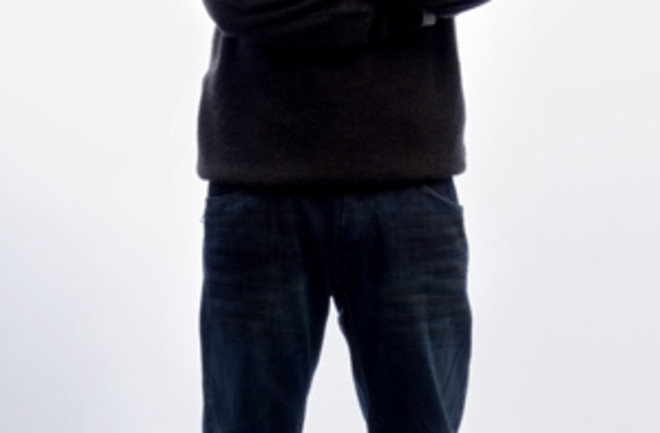Driven by a love of design, Jose Gomez-Marquez, 33, studied mechanical engineering. And then, moved by an equally strong desire for social justice, he decided to devote that skill to leveling the playing field in health care. Today he directs the Innovations in International Health program at MIT, and his inventions (including an inhalable measles vaccine and a system that monitors tuberculosis treatment) are helping to improve medical access in the developing world.
What inspired you to focus on health care for the poor?
I was born a preemie in Honduras in 1976, and sometimes I had to be in the hospital. Half the people in my family were doctors, and even as a little kid I could see the difference. Rich people like me went to private appointments. Poor people went to the public hospitals and had to wait in lines.
Your family had its own reversal of fortune. how did that affect you? When Hurricane Mitch hit Honduras in 1998, it destroyed more than 20 years of infrastructure, including all of my dad’s contracts from his construction business. I was at Louisiana State University, and my parents asked me to come home. Instead, I decided to work my way through school. I was exposed to corporate America, and it was like getting a mini-M.B.A.
Your inventions are created in collaboration with the people who will use them. How does that process work? In the usual approach, if someone comes up with a vaccine for little kids in Africa, those kids’ mothers or doctors will never evaluate that vaccine. Instead, UNICEF, the Wal-Mart of vaccines, brainstorms with an engineer, and they come up with a device that was never tested in the field. We do things differently. We go to the field first and ask the users themselves, “Will this work?” And then we go to UNICEF and ask, “Would you pay for this?”
What innovation are you most proud of? Our tuberculosis compliance program in Nicaragua detects traces of the treatment drug in the body, deeming its presence positive or negative—something like a pregnancy test. If patients stick to the treatment, the system sends a code through a central server and rewards them with free cell phone minutes. They get a reward every day, and it keeps them on track.
What do you enjoy most about your job? Playing with a new piece of technology for the first time. It’s like a technology food fight, but we don’t destroy it.

